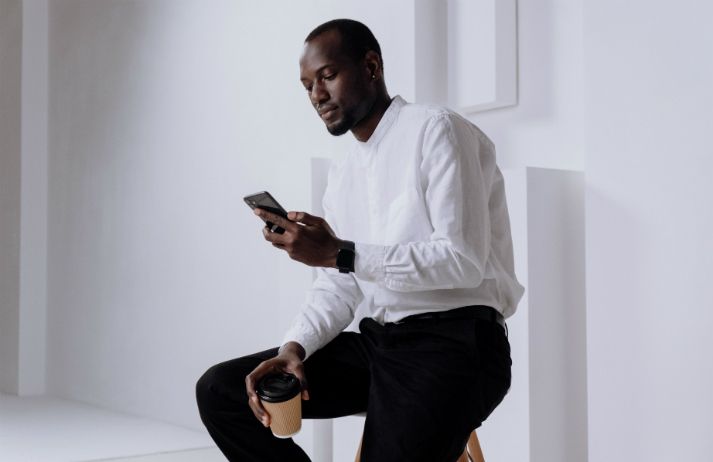
How is the gig economy evolving? What is the future of work-life balance? And how can managers drive performance remotely? In our Expert Outlook 2021 report, we spoke to three experts about how people are adapting to the massive changes taking place in work environments.
In 2020, the much-hailed future of work finally arrived. As a result of the COVID-19 pandemic, large-scale remote working went from a possibility to an international norm in a matter of weeks. Mass digitisation also changed how we work, communicate, and collaborate – and transformed people’s relationships to their jobs.
However, for many, the shifting landscape of work spelled more precarity rather than increased stability.
So what will the Careers landscape look like in 2021? We spoke to three experts to find out. Alec Ross, the author of Industries of the Future, explains the changing nature of the gig economy; Vipula Gandhi, managing partner at Gallup, breaks down new employee expectations surrounding management, feedback, and performance; and Dr. Heejung Chung, a reader in sociology and social policy at the University of Kent, suggests that what people value about work is rapidly changing.
Read an excerpt below:
GEARED-UP GIGGING
Gig workers are becoming more empowered, so they’ll expect better benefits
Alec Ross, author of Industries of the Future and former senior advisor for innovation to US Secretary of State Hillary Clinton
We're in the midst of a massive acceleration in the future of work. Trends that we thought would take five to seven years to manifest will now take place in two to three years instead. For instance, labour is becoming more project-based and less employer-based substantially faster than we’d projected, partly driven by people working from home and becoming untethered from physical workspaces. Particularly among knowledge workers, we are also seeing a spectacular de-densifying of talent in urban cores like San Francisco, London, Tel Aviv, and Shanghai, as well as in specific zones within these cities. This leads to a psychological, emotional, sociological, and economic decoupling from central employers and accelerates project-based work and learning.

The gig economy is simultaneously evolving and devolving. During the pandemic, we’ve seen some gig workers become viewed as indispensable. The gig economy is also evolving to incorporate increasingly specialised forms of work. People in industries like engineering, for instance, are now able to heavily curate their work, performing very expensive forms of labour in a distributed, project-based way.
However, it’s also devolving in the sense that we are seeing less gig-based work on some of the big platforms like Uber and Airbnb. To invoke neoclassical economics, supply is higher but there is less demand. People who previously would have done employer-based work are pushing into gig-based work because they have to. We’re seeing a Mad Max-like devolution of certain forms of gig work and a Star Trek-like evolution of high-end forms of gig work. And over the next decade, individuals on the high-end are going to be operating from a position of empowerment – and demanding better benefits.
Want to know more about the future of Careers? Download Expert Outlook 2021: Make Believe now
Hannah Houston is a behavioural analyst at Canvas8 and holds a BSc in criminology. She loves learning languages, whether that be coding, foreign, or body language, and is passionate about human behaviour. Outside of work you can find her walking or stroking a dog.



